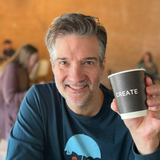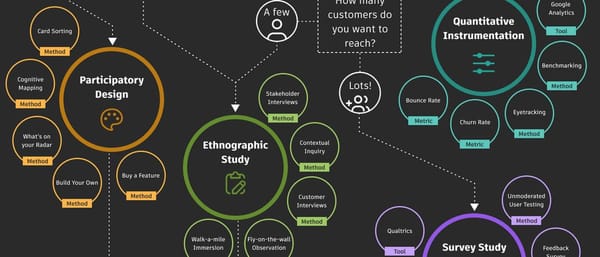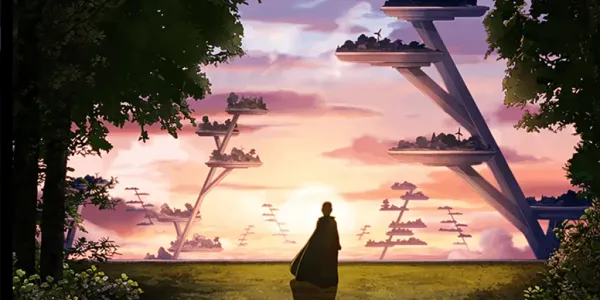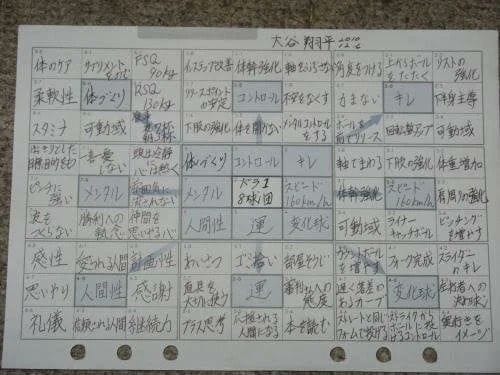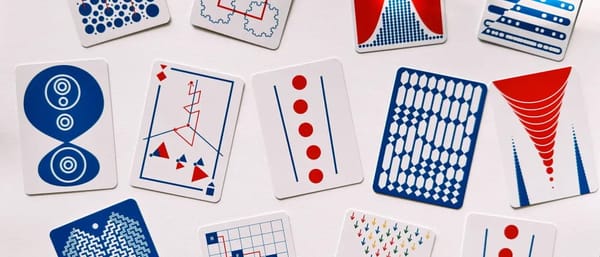№ 18 | The Agile Game, Personal Narratives, Self-Image, How the Brain Distinguishes Memories From Perceptions, and Two New Tools for Thought
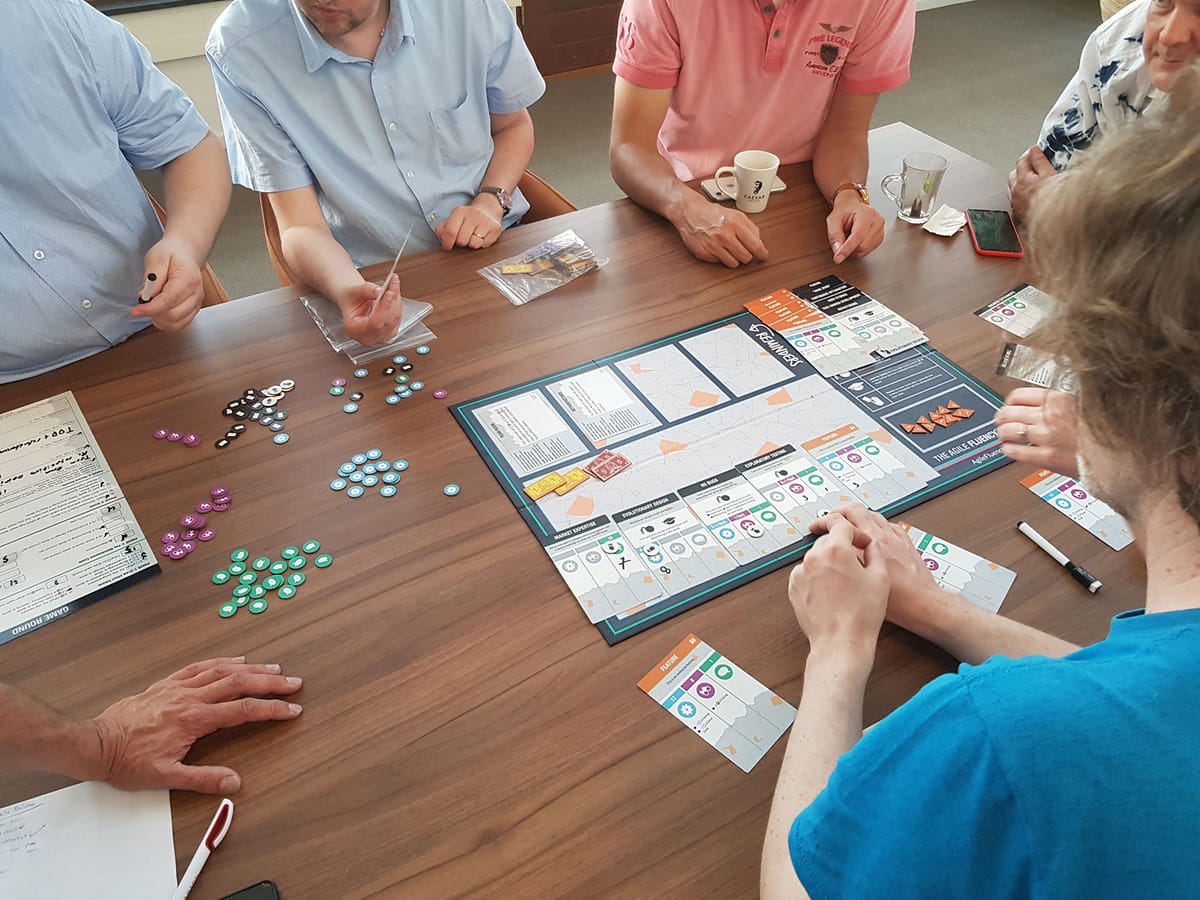
The Agile Fluency® Game
The Agile Fluency Game is a euro-style game that “authentically simulates 2.5 years (10 seasons) on a software development team” with the idea that “experiments in the game lead to new insights about your real-world options.” Sign me up!

Against personal narratives
“Let’s ditch the dangerous idea that life is a story.” Wait, wha…?! 🤪 “I am not a story” doesn't hold back at all, going after some long held beliefs many of us (myself included) hold dear, namely the entire notion of personal narratives! I love to have my thinking challenged, but I'm struggling with this one. The closest I can come to connecting with this proposal is that our stories are to too rich, dynamic, and complex to identify or discuss… Therefore, less important? Even at this, I'd draw an image of layers of earth, and show that the deeper you dig—into motivations, values, perspectives, and so—the more constancy you're likely to find… (which fits with the author's final paragraphs?). This also reminds me of stuff I wrote about in Figure It Out, where after spending 3 chapters unpacking how /“associations among concepts is thinking,” I balance things out with a chapter on first principles thinking, and attempts to circumvent our brains pattern matching tendencies.
On self-image
In contrast with the essay above, here's a rich post all about… 🥁 Self-Image! The thinking and connections in this post are so clear, it makes me wonder if this couldn't be turned into a 'self-image' game, where we could experience the positive and negative effects of a changing self-image… 🤔
How the Brain Distinguishes Memories From Perceptions
“How the Brain Distinguishes Memories From Perceptions.” This was actually something I wondered about while writing the parts of Figure It Out dealing with the brain and perceptions.
Two more tools for thought
I love the simplicity of these two new (?) tools for thoughts and capturing content: Napkin and Brainec. I'm busy testing Tana at the moment, but I'll add these to the queue!

